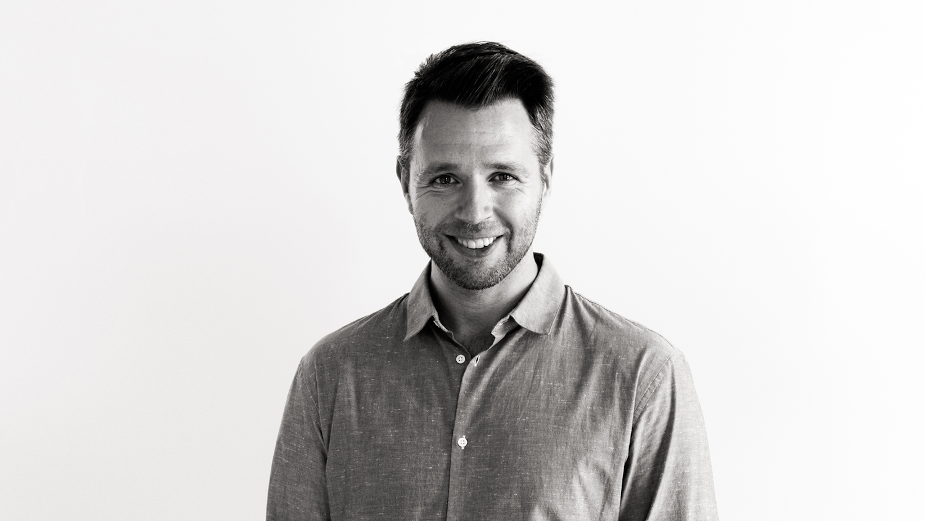
Covid-19 Is the Dress Rehearsal. Climate Change Is Showtime

Spring has sprung, and after the despair of 2020 it is difficult not to feel a sense of optimism. With a successful vaccination program under way, it feels like life is returning to normal. People want to make up for lost time. Sweats are being swapped for collared shirts. Talk of the 'Roaring ’20s' abounds.
But returning to life as it was before the pandemic might just be the most dangerous thing that we can do. We cannot see COVID as a challenge completed, but instead must recognise it for what it is: a dress rehearsal for the greatest challenge we face as a species, climate change.
The pandemic demanded rapid response, whereas climate change is more of a slow-moving threat. But it’s imperative that businesses act now so we may future-proof ourselves with strong sustainable principles.
The good news? Most executives support the idea. The bad news: The global success rate for sustainability initiatives, according to Harvard Business Review, lies at less than 4%. We need to find a way to change the odds.
Here are five principles we recommend that businesses take today.
1. We need to move from talking to acting.
2020 was the year of the 'Net Zero by 2050' commitments, but 2021 must be the year that we get the details. Brands have been great at talking up lofty goals but poor at actually delivering them. The 'UN Race to Zero' campaign announced that 20% of corporate sign-ups came in the month before Earth Day, strongly suggesting that much of the activity was PR-driven. It’s time to see the details.
2. We need to move from long-term to short-term.
If you had a personal emergency, would you start with a 30-year plan? Most climate-based goals are connected to far-off dates like 2030 or 2050. But its hard to establish accountability when your CEO or CMO won’t even be part of the business when your goal date arrives. What are you going to do this week, this month and this year? Depop, the peer-to-peer shopping app, has done this brilliantly by articulating a focus on one-year goals that sharpen the focus and drive accountability right now. We need to learn from businesses like these.
3. We need to be fixed on vision but flexible on details.
We need to accept that this space is developing so fast that it is okay to not have all the answers. While we would like everything to be black and white, there are evolving questions that we don’t know all the answers to. This is still a nascent category. When we consider the full lifecycle of products, we can’t simplify and say that one material might be better than another. We need to have an overarching vision but adapt to new science and innovation as it becomes available.
4. We need to move from burden shifting to owning the burden.
It is our duty to make sure that reducing the environmental impact at one stage in the lifecycle doesn’t increase the impact elsewhere. Producers need to be more responsible for their products once they become waste. The ability to recycle products merely shifts the burden to the consumer, and we need to balance that out, especially when effective infrastructure doesn’t exist to follow through. We’re seeing brands like Adidas and even Burger King embrace circularity, and this must become commonplace.
5. We need to move from top down to top down and bottom up.
During the pandemic, we saw far greater engagement from older adults around sustainability issues. One hypothesis was that parents were learning about these issues from their kids, who had temporarily moved back home. A study from P&G claimed that 76% of parents are inspired by their children to be more sustainable. The same insight is true in business organisations. There are passionate advocates for change in the younger ranks, and not engaging them is a missed opportunity. Real change needs both top-down and bottom-up engagement.
We will look back at our response to the Pandemic with a mixture of emotions. We will marvel at the science that brought us vaccines so quickly and share a sense of disappointment around our inability to mobilise at scale at the outset. The climate crisis offers us an opportunity to show that we have learned our lessons and that each one of us has a role to play. We are the ones that we have been waiting for. There’s no other choice.
Matt Kandela is CEO of Brooklyn based design and branding agency Dear Future













